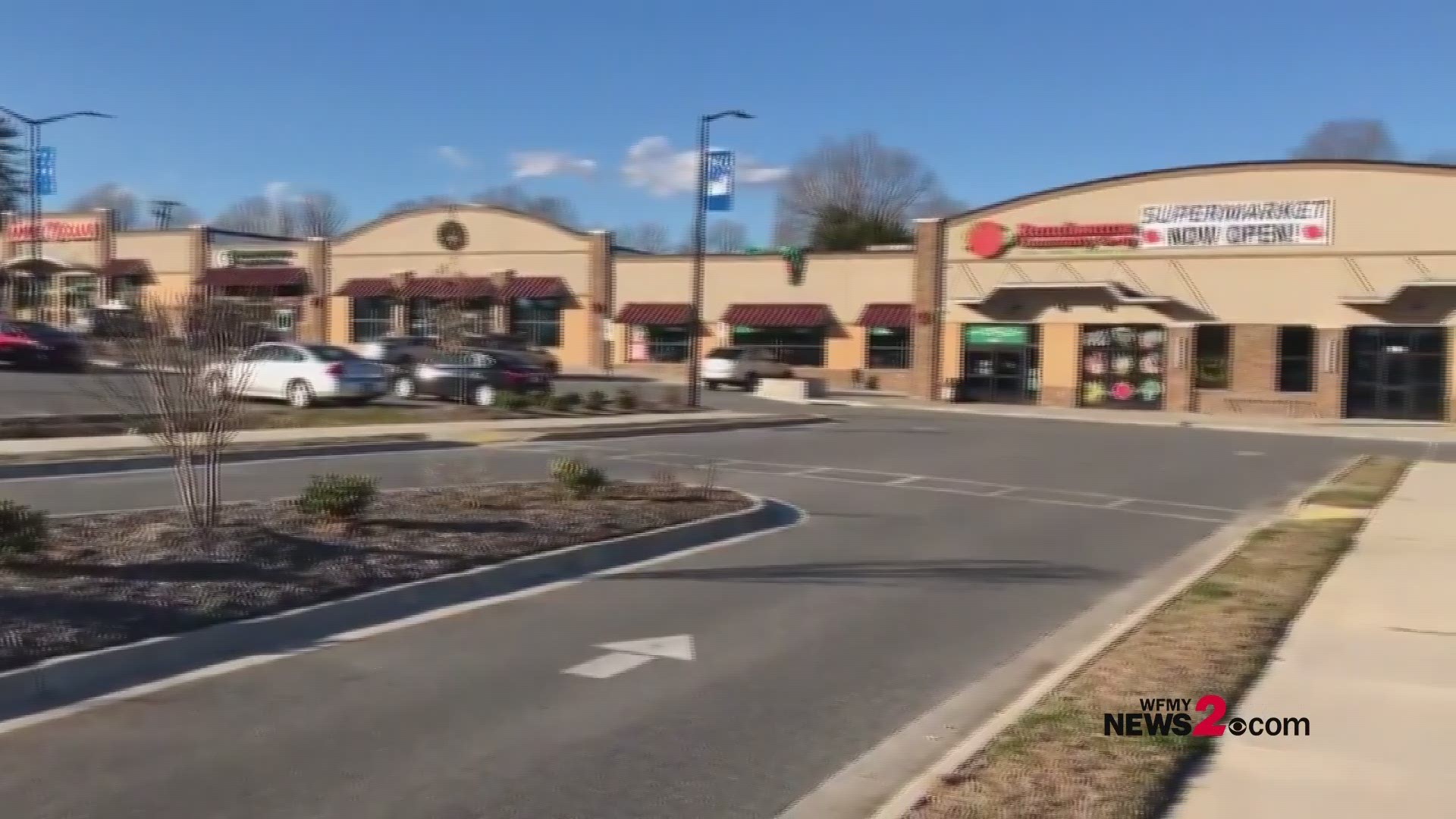A grocery store that is community owned and operated in Northeast Greensboro is shutting down.
Wednesday, the board for the Renaissance Community Cooperative (RCC), that opened in October 2016, announced it will be closing its doors on January 25th.
The store's largest purpose was to address the 'food desert' status in this part of Greensboro. The owners said in a letter to stakeholders they are heartbroken.
In a letter send to the store's 1,300 community owners, the Board's President Roodline Volcy explained sales were too low to keep the doors open.
City of Greensboro responds to news that RCC is closing:
Having access to food, particularly fresh fruits and vegetables, is vital for a community, making the closing of the Renaissance Community Co-op in the Renaissance Shopping Center a tremendous loss for Greensboro. While only open two years, the grocery store provided access to healthy food options in the heart of a food desert.
While their doors have closed, it’s important to keep the Co-op’s legacy alive. The need for access to healthy food options is paramount for all Greensboro residents. The efforts of the Co-op serve as an example of community collaboration to improve the quality of life of its residents.
City staff is engaging Self-Help, the owners of the shopping center, and they’ve indicated a continued interest in the center and helping it become a hub for food, medical needs, banking and more on Phillips Avenue.
Volcy says even though the store will close, she doesn't want folks to lose sight of the accomplishment of opening the co-op.
"We were able to end a food desert even if just for two years. We were able to offer decent jobs and benefits and to care for folks and give them access to fresh and foods in their community. I think that’s important to recognize," Volcy said.
The closing means about 18 people will lose their jobs. RCC's Board President Roodline Volcy said the employees will be getting severance packages and help finding new jobs.
A community meeting is scheduled for Monday, January 14th at 6:00 p.m. at the store which is located at 2517 Phillips Avenue in Greensboro.
There will be great bargains at the store now through January 25 as it closes.
Full text of the letter RCC board's sent to the store’s 1,300 community owners:
It is with a heavy heart that we inform you that we must close our grocery store. Our goal from the beginning was to build a self-sustaining store that met the community’s needs for good jobs and fresh, affordable food. Since the store opened, we have not been able to produce the sales we need to be sustainable. By late December, it became apparent to us and our financial partners that there was no foreseeable way to boost our sales astronomically, which is what we would need to do to stay open. Our sales are simply too low to cover our expenses. Thus, our last day of operations will be January 25th.
We thank you for all you have invested in the co-op, and all you have invested in bringing this cooperative and our grocery store into existence. Thank you for believing that we could own something great together, pay our employees with dignity and govern our business through democracy. Thank you for evangelizing to your friends and community members about the investment you made in this cooperative, and making them members too. We thank many of you for your volunteer hours, attending meetings where we learned together and thought together, and for spending your dollars at the co-op.
Though we are heartbroken that we must close our doors, it is important to recognize that in even opening our store, building a cooperatively owned business in a predominantly Black community with over 1300 owners was a huge accomplishment. Ending a food desert, even for a little over two years, is a huge accomplishment. By investing in the RCC, we provided valuable work experience and professional development to dozens of employees. Our organizing to open the grocery store led to Self-Help Ventures Fund upfitting a previously decrepit shopping center in North East Greensboro. They are committed to the continued economic development of the area. We also gained the experience of pooling our resources- monetary and otherwise- to build something together. Although closing the store hurts, it would be even worse if people took away from this experience misconceptions that we were unable to keep the store open because community ownership does not work or because of the community in which RCC operated. Allowing this to dim our commitment to community-ownership as a method of community wealth building would be a true failure.

